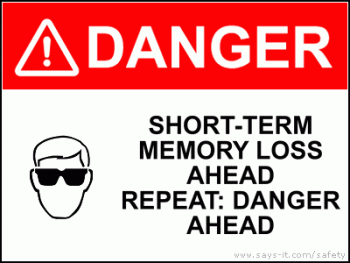Though Mother’s Day as we know it with its flowers, gifts, and cards is relatively new, annual celebrations to celebrate motherhood are ancient.

Motherhood festivities have historically been in spring, the season of fertility. In ancient Egypt, there were celebrations to honor Isis, the loving mother-goddess, who is often shown in Egyptian art with the baby Horus at her breast, much like Mary and Jesus in later Christian iconography. The cult of the great mother-goddess Cybele began in Turkey and soon moved to Greece and Rome, and she was worshipped in some form for more than a thousand years. Her priestesses led wild celebrations, full of drinking, dancing, music, and all kinds of debauchery.
As the Roman Empire and Europe transitioned to Christianity, the Church set aside the fourth Sunday of Lent as the day to honor motherhood, celebrate the Virgin Mary, and for people to honor their “mother church.”
In the 1600s, England declared a secular official Mothering Day for that fourth Sunday of Lent. It was a time when families were encouraged to get together, and servants or workers were allowed one day off work to see their mother, since many working-class families in England worked as servants on separate estates and rarely got to see each other. Mothering Day was also declared by the church as an exception to the fasting and penance of Lent, so that families could have a feast together.
When the pilgrims came to America, they stopped celebrating Mothering Day, just as they stopped celebrating most holidays that they thought had lost their religious origins and become too secular.
But a very different secular Mother’s Day was introduced to America in 1870 by Julia Ward Howe, who wanted to set aside a day of protest after the Civil War, in which mothers could come together and protest their sons killing other mothers’ sons.
The woman who really created Mother’s Day as we know it was Anna Jarvis. Her mother had held Mother’s Friendship Days to reunite families and neighbors separated during the war, and when she died, Anna worked to proclaim an official Mother’s Day both to honor her mother and all mothers and, in contrast to Howe’s idea, to celebrate peace. May 10, 1908 was the first official Mother’s Day celebrations in Grafton, West Virginia, and at a church in Philadelphia.

In 1914, Woodrow Wilson designated the second Sunday of May as Mother’s Day. It became commercialized quickly, especially in the floral industry, and Anna Jarvis was furious. She said, “What will you do to route charlatans, bandits, pirates, racketeers, kidnappers, and other termites that would undermine with their greed one of the finest, noblest, and truest movements and celebrations?” But flower sales and card sales continued to grow, and Anna Jarvis died in poverty and without any children of her own.
NOTE The correct punctuation for Mother’s Day is “Mother’s Day” with an apostrophe before the “S”. Anna Jarvis, the creator of Mother’s Day, wanted the singular possessive to emphasize that each family should honor their particular mother on this day.




